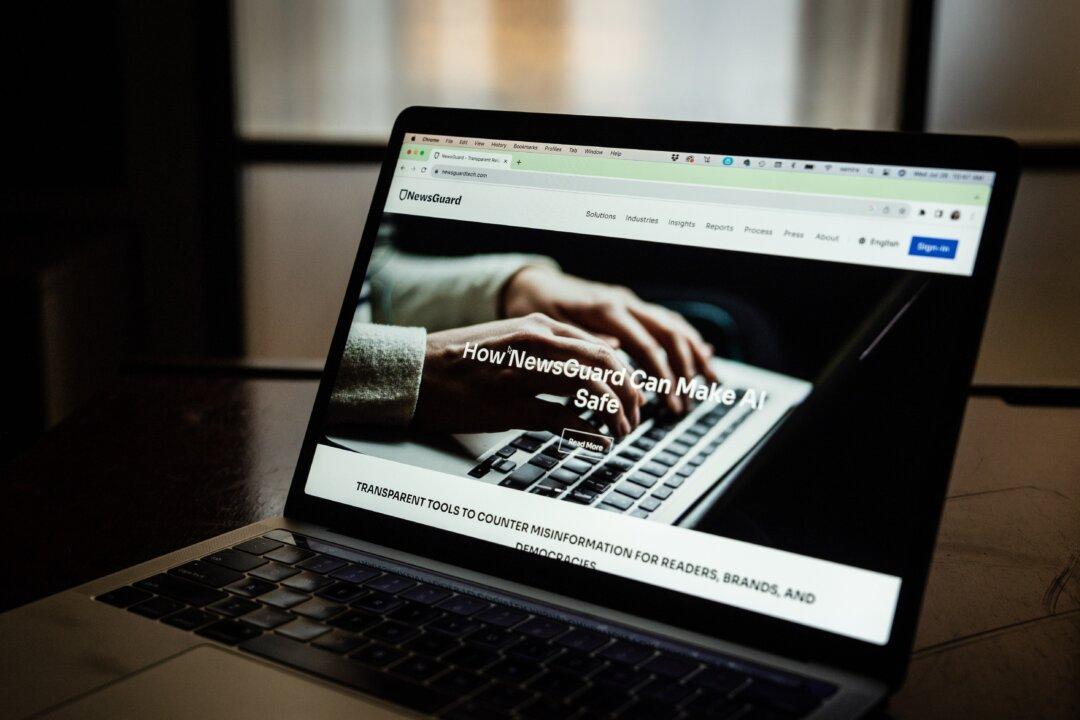Mr. Luca* had been receiving his pensions through Centrelink per fortnight, but in mid-July, he found out his MyGov account was breached by a fraudster.
They changed his bank account number and his BSB number, then requested and obtained an advance of his age pension. This is despite him having a “very obscure” password and three secure verification questions.




